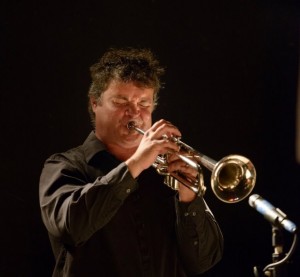The artists featured on last month’s Jazz Night In America Wednesday Night Webcast are, by a fair margin, the least-known performers we’ve had on the program. Their names don’t travel far outside the underrated musicians’ community of the mid-Atlantic — specifically, Washington, D.C. — but not for lack of talent. They’re among the premier musicians in the region, some being bandleaders themselves, and they all have strong individual sound identities.
So we wanted to introduce them to you. Collectively, they’re a group led by trombonist Reginald Cyntje, who composes and arranges all the music you’ll hear. His personal style reflects the Caribbean music he heard growing up in the U.S. Virgin Islands, the spiritual leanings and social-justice missions that are a part of his persona, and the driving grooves for which D.C. jazz is known. He took time out to explain to us why he assembled his band the way he did — and introduced us to all of its members.
“I feel that in a band situation, you should have a really deep connection between the members,” Cyntje says. “When you have a family unit, when you have folks that are really invested — not just friendship-wise, but musically — it changes the sound. The audience can feel that. They can feel when you have a connection musically and spiritually with the band. So over the years, my focus has always been performing with musicians who I connect with — not just musicians who I want to use on a resume.
“When we have rehearsals, everyone comes prepared. When we go to the recording studio, everyone comes prepared,” he says. “We make good music together because we have a connection.” Continue reading

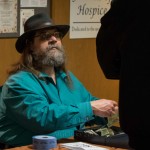
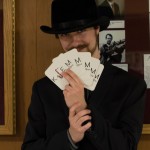
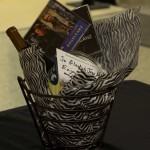
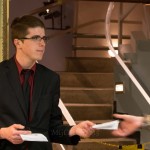
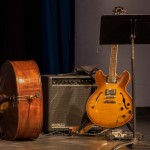
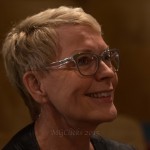
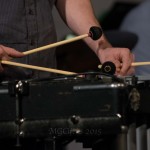
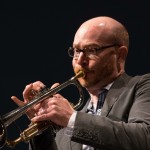
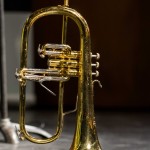
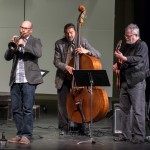
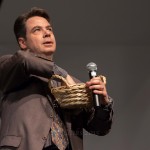
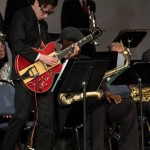
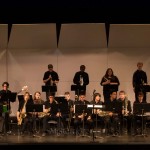
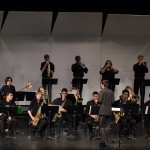
9(MDAyOTk4OTc0MDEyNzcxNDIzMTZjM2E3Zg004))
